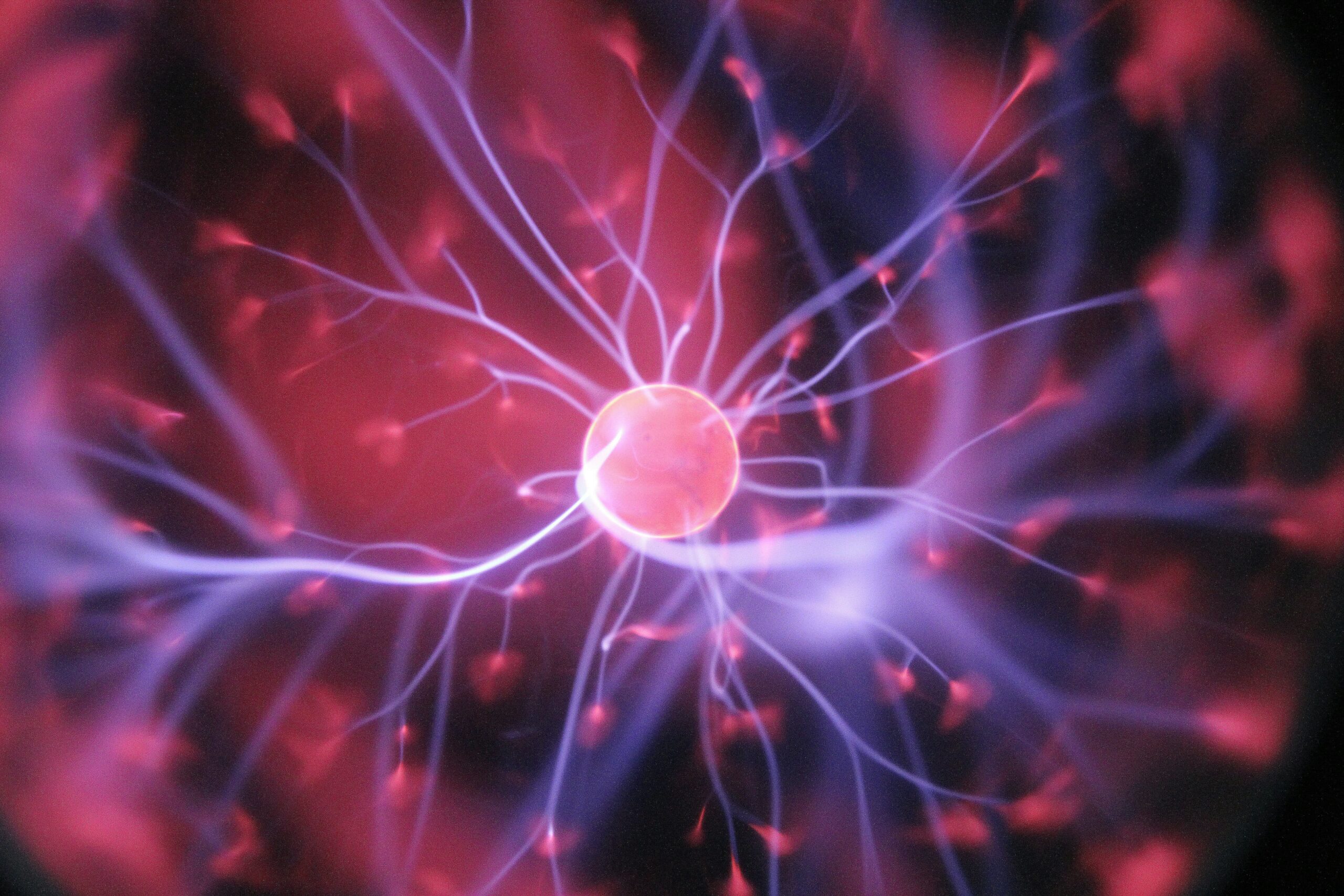We often think of science as something reserved for lab coats and research papers, but it’s actually woven into the fabric of our daily lives. Whether you’re scrolling through your phone, brewing a cup of coffee, or checking the weather, science is at work behind the scenes. You don’t need to be a scientist to benefit from understanding it—science can sharpen your thinking, help you make smarter decisions, and even improve your quality of life.
Let’s explore why studying science is valuable, even if your career has nothing to do with it. From building problem-solving skills to staying informed in a rapidly changing world, here’s why science matters, no matter where life takes you.
1. Understanding the World Around You
Ever wondered why the sky turns brilliant shades of orange and pink at sunset? Or why ice floats in water when most solids sink? These aren’t just random happenings—they’re rooted in science. Having a basic understanding of concepts like light refraction or density can make the world feel less mysterious and more like a place you can fully grasp.
Knowing how things work, from the weather to the internet, gives you a sense of control and appreciation for the intricacies of life. You don’t need to be a scientist to understand the basics, but once you do, you’ll start seeing the world through a new lens. Science can even make everyday things, like boiling water or charging your phone, seem fascinating.
2. Sharpen Your Problem-Solving Skills
Life is full of puzzles—big and small. Whether it’s figuring out the fastest route to work or solving a conflict with a friend, being able to approach problems logically is a skill everyone needs. And guess what? Science is built on that very principle.
When you study science you learn how to break down complex issues into smaller, manageable parts and find solutions in a structured way. This kind of critical thinking and problem-solving is invaluable in any field, whether you’re running a business, designing a home, or managing a project. You don’t need to be a scientist to benefit from the logical thinking that science teaches.
3. Keeping Up with Innovation and Technology
Even if you’re not creating the next iPhone, we all live in a world driven by technology. From smartphones to self-driving cars, scientific advances shape our everyday experiences. The more you understand the science behind these technologies, the easier it is to adapt and stay ahead in this fast-paced world.
By studying science, you don’t have to be left scratching your head the next time you hear about new breakthroughs. You’ll be able to engage with and appreciate the rapid changes in technology, whether it’s related to healthcare, communication, or entertainment. In short, science keeps you informed and ready for the future.
4. Improving Your Quality of Life
Science isn’t just about distant stars or theoretical equations—it’s deeply tied to your everyday life. Want to know how to stay healthy, what foods are best for you, or how to conserve energy at home? Science provides those answers. By learning even the basics of biology, chemistry, or physics, you can make smarter choices that directly impact your quality of life.
For example, understanding nutrition through science can help you make healthier food choices. Knowing how your body works helps you maintain it, whether it’s through exercise, better sleep, or understanding the medications you take. Science doesn’t just make your life better in abstract ways—it helps you take action in very concrete, day-to-day ways.
5. Becoming Environmentally Conscious
We hear about climate change, pollution, and biodiversity loss almost daily, but how much do we actually understand? Studying science gives you the tools to dig deeper into these issues and figure out your role in the bigger picture. It helps you recognize the importance of sustainability, energy conservation, and environmental protection.
By learning how ecosystems function, for instance, you’ll understand why reducing waste or conserving water makes a difference. You don’t have to be an environmental scientist to be part of the solution. Even small steps, like recycling or cutting back on energy use, are easier to take when you understand the science behind them. The more you know, the more empowered you’ll feel to make a positive impact on the environment.
6. Feeding Your Curiosity and Love for Exploration
Humans are naturally curious creatures, and science is all about satisfying that curiosity. If you’ve ever wondered how stars form, why seasons change, or what makes up the building blocks of life, science has the answers—or at least helps you ask the right questions! Science is an ever-evolving field, with new discoveries happening every day. That means there’s always something new to learn.
Even if you never set foot in a lab, understanding science opens up a world of wonder and exploration. Whether it’s reading about the latest space mission or watching a documentary on the deep ocean, science can fuel your curiosity and inspire a lifelong love for learning. You don’t need to be a scientist to appreciate the thrill of discovery and the joy of exploring the unknown.
7. Informed Decision-Making in Everyday Life
Whether you’re deciding which phone to buy, debating a health treatment, or considering how to reduce your carbon footprint, science equips you with the tools to make informed decisions. A solid understanding of basic scientific principles helps you cut through the noise of conflicting information and make choices based on evidence rather than guesswork.
Think about nutrition fads, for example. Every few months, there’s a new diet trend that promises quick results, but not all of them are backed by science. With some scientific literacy, you can distinguish between what’s hype and what’s actually beneficial for your health. Science helps you become a more informed consumer, patient, and citizen.
8. Thinking Globally
Science is a global pursuit that crosses borders, cultures, and languages. From combating diseases to tackling environmental challenges, science brings people together in search of solutions that benefit everyone. By understanding science, you gain a broader perspective of global issues like climate change, pandemics, and technological advancement.
Even if your career has nothing to do with these big challenges, science allows you to appreciate and engage with them. You can participate in discussions on global issues with a deeper understanding of their complexities. In a world that’s more interconnected than ever, this global perspective can help you feel more in tune with the wider world and its challenges.
9. Empowerment through Knowledge
At its core, science is about curiosity and seeking answers, but it’s also about empowerment. When you understand how things work, you’re better equipped to take control of your life and tackle challenges head-on. Whether it’s managing your health, understanding technology, or making lifestyle changes, science gives you the knowledge to navigate the world with confidence.
When you’re equipped with scientific knowledge, you’re not just a passive observer—you’re an active participant in shaping your life and contributing to society. It allows you to make better decisions, ask smarter questions, and challenge assumptions with a sense of purpose and direction.
Science impacts all aspects of life, from personal decisions to global challenges. By understanding it, you gain tools to think critically, stay informed, and live better. Science isn’t just for professionals—it’s for everyone



Leave a Reply